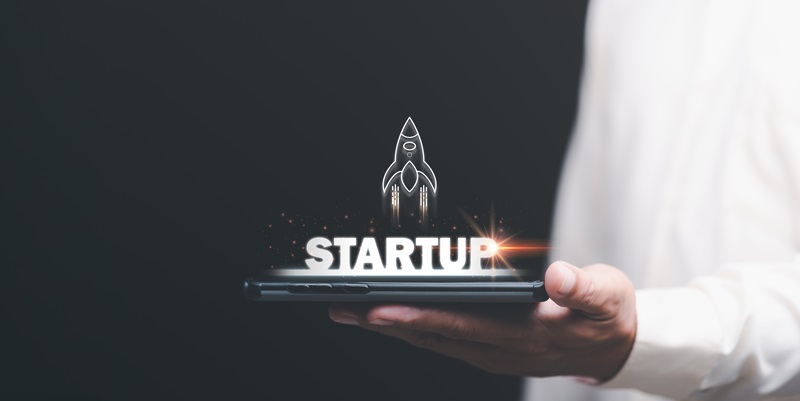AI startup founders are increasingly turning to an innovative blend of multiple foundational models and modern talent strategies to navigate the dynamic tech landscape. According to a recent survey, over half of these visionary entrepreneurs are employing four or more foundational models—demonstrating a strategic shift towards diversification. Nearly 90% are utilizing versions of GPT, while others favor models like Llama or Claude. This trend underscores the founders’ commitment to agility and customization, which are critical for addressing specific product requirements in a rapidly evolving technological environment.
Innovating with Multiple Foundational Models
The use of multiple foundational models by AI startup founders is a testament to their adaptability and forward-thinking approach. For instance, the reliance on diverse models such as GPT, Llama, and Claude allows these startups to tailor their tools precisely to their product needs, which can vary significantly from one project to another. This multifaceted strategy not only enhances their capability to innovate but also ensures that they remain competitive in a fast-paced industry. Embracing a mix of models showcases a nuanced understanding that no single model can encompass every aspect of AI application, thereby promoting a more robust and flexible development process.
Furthermore, this strategic diversification helps mitigate risks associated with relying on a single foundational model. By integrating multiple models, founders can leverage the strengths of each, providing a well-rounded and resilient framework for their AI applications. This approach not only optimizes performance but also prepares startups to swiftly adapt to new developments and emerging trends in AI technology. As a result, these startups are better equipped to handle the complexities and challenges inherent in the tech industry, ensuring sustainable growth and innovation.
Rethinking Talent Acquisition in AI Startups
In addition to embracing multiple foundational models, AI startup founders are also redefining talent acquisition strategies to align with modern needs. Interestingly, there is a noticeable shift away from prioritizing academic credentials, such as PhDs in AI, towards valuing curiosity and practical, hands-on technical experience. This "just build" mentality reflects a preference for a results-driven approach over traditional academic qualifications. Founders are increasingly seeking team members who demonstrate a proactive and innovative mindset, capable of delivering tangible results in a shorter time frame.
Geographically, many of these startups are situated in the Bay Area, which continues to be a hotspot for venture capital and top-tier tech talent. This strategic location enables founders to tap into a rich pool of experienced professionals, enhancing their ability to assemble teams that can drive their vision forward effectively. The emphasis on practical skills over academic achievements highlights a significant shift in how talent is evaluated and recruited, fostering a more dynamic and innovative work environment.
The evolving talent acquisition landscape also points to a broader industry trend where adaptability and practical experience are becoming paramount. As the AI field continues to grow and change, the ability to rapidly build and iterate on solutions is increasingly valued. This shift reflects a deeper understanding among founders that success in the tech industry is less about academic accolades and more about the capability to produce and innovate consistently.
Overcoming Market Challenges with Adaptable Strategies
AI startup founders are increasingly embracing a mix of multiple foundational models and modern talent strategies to better navigate the ever-changing tech landscape. A recent survey reveals that more than half of these forward-thinking entrepreneurs are now using four or more foundational models. This marks a significant strategic pivot towards diversification. Close to 90% are incorporating versions of GPT, with others opting for models such as Llama or Claude. This trend highlights their commitment to agility and customization, essential for meeting specific product needs in a fast-paced technological environment.
Furthermore, this approach not only enhances adaptability but also fosters innovation by leveraging diverse model capabilities. Founders are prioritizing flexibility to swiftly adapt to market demands and technological advancements. This strategy underscores the importance of staying ahead in a highly competitive field, as AI continues to transform industries. By blending multiple models with cutting-edge talent strategies, these entrepreneurs are setting a new standard for how to thrive in the modern tech world.

